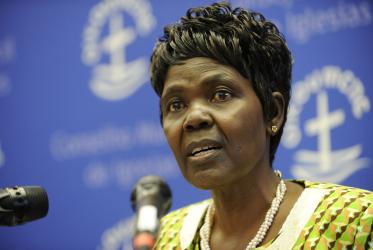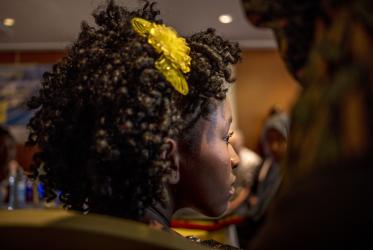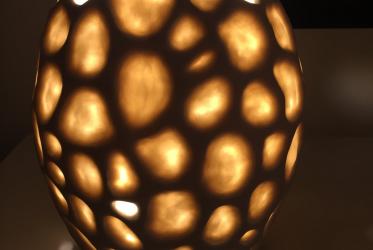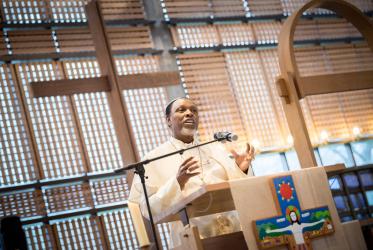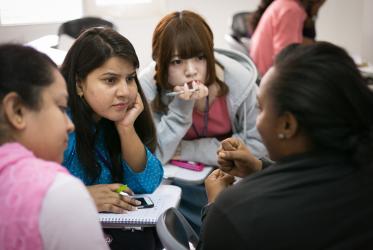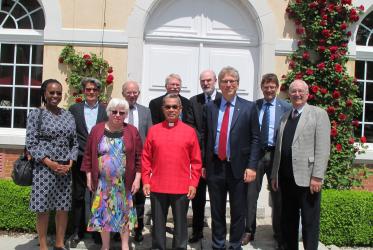Displaying 1 - 20 of 47
Dr Abuom reflects on women of faith as healers of creation
05 October 2021
Freedom of religion rooted in justice
06 March 2020
Peacemakers at work in Sri Lanka
29 April 2019
A moment in ‘Time’: an interreligious vision in Erlangen
20 December 2018
Walking together against hatred and violence
26 February 2018
WCC general secretary speaks on religion and discrimination
14 February 2017
Grand Imam calls for collaboration against violence and poverty
06 October 2016



